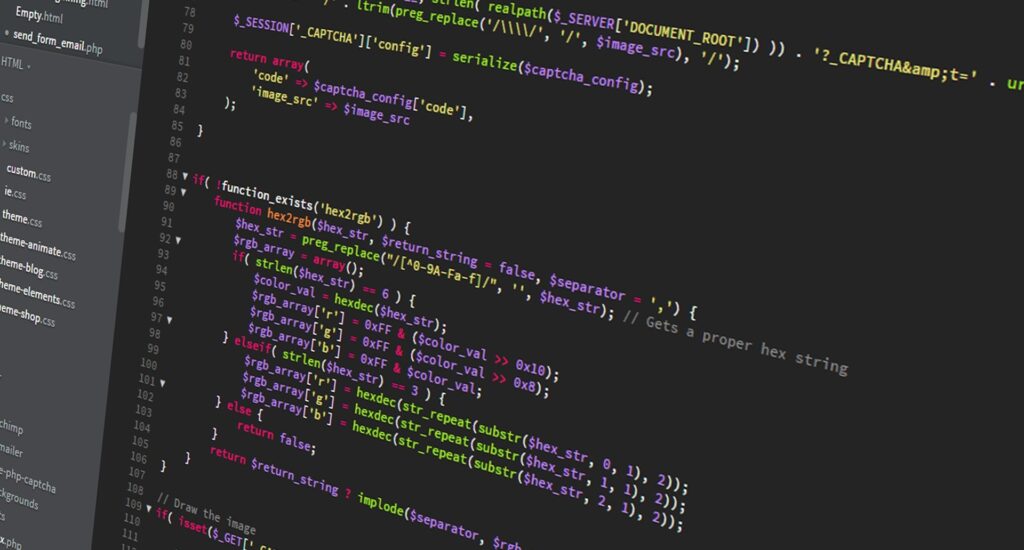As we recently informed, the Data Protection Authority in Argentina (DPA) advised that a new draft bill would be discussed during September 2022. Therefore, the DPA started with an open process, inviting academics and NGO to discuss on the main points.
Data Protection in Argentina – history background
In 2000, Argentina issued the Data Protection Law No. 25,326 for the protection of personal data. Between 2000 and 2018, the DPA issued guides, resolutions and dispositions, seeking to keep the law as much up to date as possible, in line with worldwide news.
Later on, in 2017, the Data Protection Authority started a process to update the Law in order to keep it aligned with most modern legislations, including the European General Data Protection Regulation (GDPR). That bill lost parliamentary status on December 2019.
Argentina’s new Data Protection draft bill
The new draft bill was published last September 12 and has included some news in relation to Data Subject’s rights and responsible obligations.
This are the most important news:
- the draft adds new definitions, such as “anonymization”; “Informative self-determination”; “Biometric Data” and “Data Protection Officer”, among others.
- unlike Law No. 25,326 the new bill excludes legal entities from the scope of protection
- the draft establishes that the law will apply extraterritoriality when a data protection treatment is carried in relation to (i) the offer of goods or services to people who are in Argentina (ii) the profiling, monitoring or control of the acts, behaviours or interests of those people.
- the draft includes both the accountability and minimization principles
- the obligation to inform in relation to a security incident
- new Data Subject’s rights, such as suppression and portability rights.
- the obligation to have a Data Protection policy in a simple and clear language.
- it includes news and higher sanctions, including fines that an index will update annually.
Next steps
The DPA opened a space for debate until September, 30th. Within this time period, academics, NGO and anyone interested will be able to participate with comments and contributions.
For questions or concerns in relation to Data Protection in Argentina, contact us.


